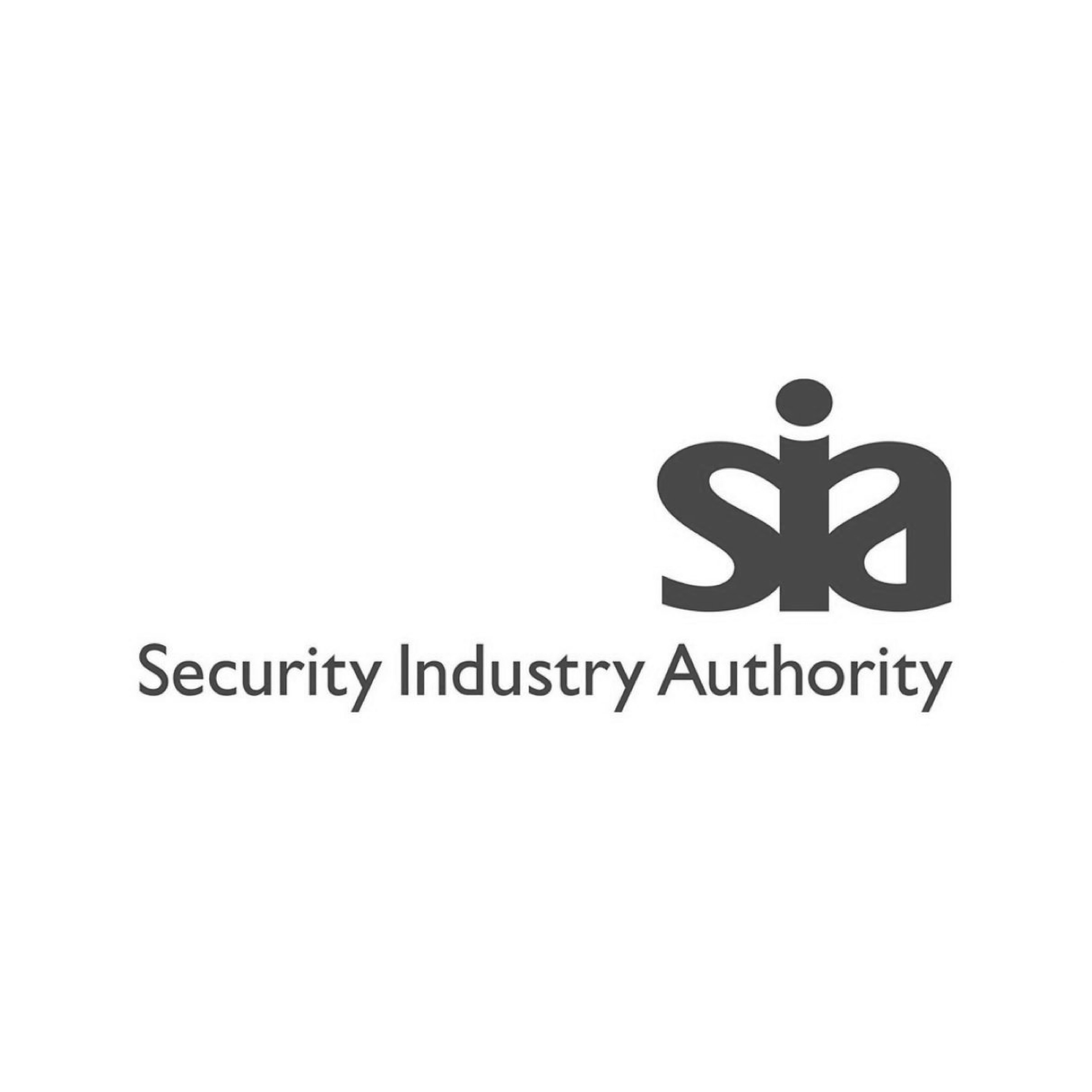About Us
The Regulation of the Private Security Industry
Regulating the Private Security Industry
For a long time, the private security industry was not regulated. The absence of regulation led to a breakdown of public trust and confidence.
In 2001, the Government introduced new legislation, The Private Security Industry Act, which created a new statutory regulator, The Security Industry Authority (SIA), which became a non-departmental public body.
The legislation provided that The Security Industry Authority would assume responsibility for the statutory licensing of individuals working in certain ‘licensable’ positions, namely Security Guarding, Door Supervision, Close Protection and Public Space Surveillance (CCTV).
Wider Regulation, Standards and Compliance
The statutory licensing of individuals is only one part of the regulation of the security industry.
Security companies process a range of personal data, including employment information for its officers and information obtained through CCTV systems, body-worn video cameras and incident reports. To comply with the General Data Protection Regulations (GDPR), companies must register with the Information Commissioner’s Office (ICO), by law.
Code 9 Security is an Associate Member of the National Association of Security Dog Users (NASDU), who set standards for professional dog handling.
Highfield, the Awarding Body for Compliance, has approved Code 9 Security as a training delivery and assessment centre for Ofqual regulated qualifications.
The company is also a member of the British Standards Institute (BSI).
Useful Links:

Regulation
Upcoming Changes to Regulation
The Terrorism (Protection of Premises) Bill
In November 2023, the Terrorism (Protection of Premises) Bill was included in the King’s Speech opening Parliament, indicating the intention to pass the Bill into law in this current Parliamentary session.
This new legislation has been drafted in response to the recommendations of the Manchester Arena Inquiry, together with the tireless work of Figen Murray, the mother of Martyn Hett who tragically lost his life in the 2017 terrorist attack.
More commonly known as Martyn’s Law, the new legislation will require venues with a capacity of 100 people or more to undertake proactive measures to assess and manage the risk posed by terrorism.
Venues with a capacity of 800 or more will be in an enhanced tier, requiring the provision of competent counter-terrorism advice, together with the assessment and management of the associated risks.








